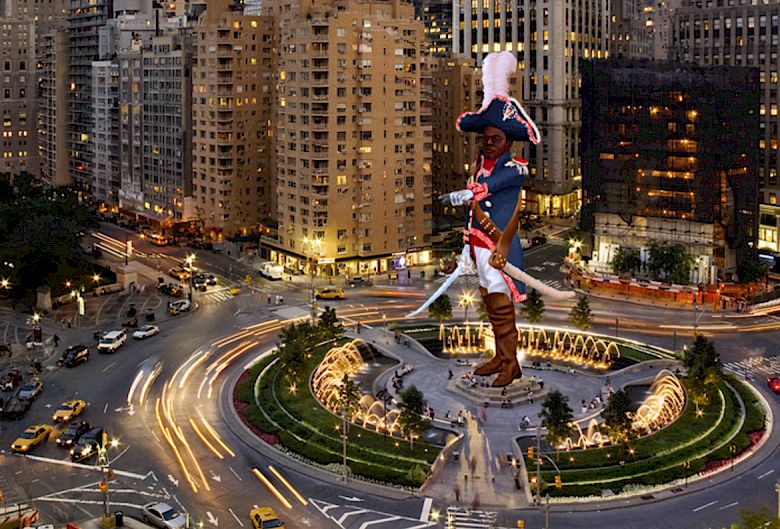What We're Reading This Week

Daniel R. Quiroga-Villamarín, The Graduate Institute Geneva
Sandrine Kott, “Organiser le Monde: Une Autre Histoire de la Guerre Froide,” Éditions du Seuil.
In international law and diplomatic history, the Cold War has traditionally been portrayed as a moment of hiatus. Seeking to explore the porosities of the “Nylon curtain” (as opposed to the familiar metaphor of the iron curtain), Kott uses international organizations as privileged vantage points to observe the flows and turns of global politics. Instead of stagnation, she reveals a complex network of “concurrent internationalisms” that overflow the boundaries of stale Cold War dichotomies.
Jan-Phillip Graf, “The Death of the Prohibition on the Use of Force: An Attempt at Reimagination,” Völkerrechtsblog.
In his most recent think piece, my friend and colleague Graf attempts to make of the anxieties some lawyers (and laypeople alike) experience with regards to the prohibition on the use of force in international law. As sables rattle over Eastern Europe, he offers a timely reflection on the incorrect historical assumptions that underpinned the original post-WWII settlement and that explain some of its contemporary limitations.
James R. Ball III, “Theatre of State: A Dramaturgy of the United Nations,” Northwestern University Press.
While metaphorical references to theatrical notions are common in the literature on global governance, Ball’s monograph provides a solid theoretical foundation for a dramaturgical analysis of international institutions. By anchoring the performativity of public authority, he highlights the parallel “structures, contents, and affects” that are shared by politics and the arts.
Henry Jacob, University of Cambridge
Darryl Jones, “Reweaving the Wild,” Aeon.
Drawing from his upcoming book, Darryl Jones reflects upon the ecological consequences of building roads. As Jones warns, pavement networks facilitate human connection at the expense of animals’ mobility. However, not all projects need disturb their surroundings to such devastating effects. For example, the Ecoduct Kempengrens, located near the Belgian-Dutch border, epitomizes how a “diverse suite of innovative crossing structures [are] revolutionising the way that roads are designed and constructed.” The global proliferation of these environmentally conscious plans gives Jones a tempered hope in our potential to engineer a future of sustainable infrastructure.
Joshua McWhirter, Glenn Cantave, and idriss brewster, “A Monumental Shift,” Urban Omnibus.
This interview with Glenn Cantave and idriss brewster, co-founders of Movers and Shakers NYC, delves into their efforts to redefine monuments within personal and public spaces, mental and physical alike. The pair outline how their cutting-edge VR app, Kinfolk, demonstrates the promise of leveraging technology to engender a more inclusive historical memory. As Cantave concludes, “history rhymes a lot of the time,” stressing the need to engender change through understanding the past.
Gordon W. Holtgrieve and Mauricio E. Arias, “Optimizing Amazonian dams for nature,” Science.
Gordon W. Holtgrieve and Mauricio E. Arias explore the obstacles in dam building in tropical regions. As they contend, recent scientific findings on hydropower could help determine where dams should be built and in turn reduce deleterious natural effects. For this reason, the authors stress the imperative for deeper communication between researchers and policy-makers. After all, “The indeterminate nature of scientific research is not an excuse for ignoring what is currently known” and sharing it.